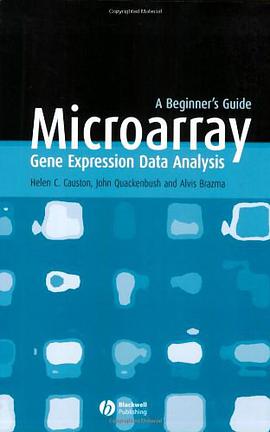

具體描述
One of the main concerns of parents of children with developmental disabilities such as autism is the management of problem behaviour. Frequent incidents of aggression, self-injury, and tantrums, among others, can be the most difficult obstacles to placing a child in schools or other community settings. Children are unnecessarily isolated and are not given the opportunity for socialization because parents feel it is impossible to avoid these problem behaviours. In fact, it is often the parents' attitude itself that is the greatest obstacle - by assuming the worst about their child's behaviour, they create an environment where change is impossible. In a study that followed children from age 3 to age 6, the most significant factor for predicting later behavioural problems was not the extent of the child's disability, or the severity of earlier problems, but the level of parental optimism. This manual is the result of an evidence-based program that teaches positive skills to parents of young children with disabilities. Many parents feel powerless in the face of their child's disability, and therefore give up on trying to change problem behaviour.This 8-week program teaches parents to identify these 'hopeless' thoughts, and provides optimistic alternatives. Sessions include how to identify behaviour triggers, and strategies for managing these situations, replacing destructive behaviours, and maintaining a positive outlook on the child's development. By the end of the treatment, parents will have created a behaviour management strategy to use in the future, and will have a more effective, optimistic attitude. A corresponding workbook provides forms for monitoring the child's behaviour, homework assignments, and positive reinforcement for parents.
著者簡介
圖書目錄
讀後感
評分
評分
評分
評分
用戶評價
相關圖書
本站所有內容均為互聯網搜索引擎提供的公開搜索信息,本站不存儲任何數據與內容,任何內容與數據均與本站無關,如有需要請聯繫相關搜索引擎包括但不限於百度,google,bing,sogou 等
© 2025 book.quotespace.org All Rights Reserved. 小美書屋 版权所有




















